 In December of 2018, I wrote “Trad vs Indie—again” and spoke of the temptation for me to try the traditional publication route. Then, I ended the post with “2019 should be an interesting year.” That last sentence was prophetic, but for a different reason. I didn’t get much work done last year.
In December of 2018, I wrote “Trad vs Indie—again” and spoke of the temptation for me to try the traditional publication route. Then, I ended the post with “2019 should be an interesting year.” That last sentence was prophetic, but for a different reason. I didn’t get much work done last year.
But it doesn’t matter. My decision to go traditional with a major publisher all but bit the dust after the ACFW conference. One of the premier agents indicated that I don’t have a chance of getting with a major publisher.
So consider this a learn from my mistakes post.
I can’t stress enough the importance of starting your platform now and learning the business end of this business. It’s all well and good to write a book or two, but to make a career out of writing takes numbers: number of books, number of sales, number of fans.
I have several publications, both indie and trad, published with small houses. Most of the books I’ve entered for literary awards have either won or finaled, including an Honorable Mention in the Saturday Evening Post’s 2016 Great American Fiction contest. Being productive is nice. Being an award winner is nice. Neither will have a major agent gushing over me. And the reason is the “numbers of sales” mentioned above.
All of my books together don’t reflect a good sales record, and after all this time, they should. Sales should increase with each new publication because the fan base should increase. But the truth is, I just don’t know how to do internet marketing. I’ve studied all the right books and blogs, but I just can’t seem to find the magic formula.
That formula is vital. As the agent explained, the first thing she’d look at is sales, because it’s easier to sell to a major publisher if her client has the initiative to make a good go of it on her own. The major publisher wants someone who has a record of selling, because that’s the first thing bookstores will look at. As the publisher’s sales rep is reading through the list of new releases, the bookstore’s buyer is looking up the authors’ names to see if they sell well. A lousy record means the sales rep doesn’t sell, which means the publisher doesn’t make money, which means the agent doesn’t make money and you certainly don’t make money.
Writing is an art. Being a writer is an honor. Making a living as a writer means treating your art and honor as a business.
I always have treated it as a business, but some folks seem to understand how to do it better than I do. I’m not worried about myself, though, because I do have a publisher interested in my work. Not a major one, but a traditional publisher just the same. So when things settle down, I’m still going traditional, and I’m still going to aim for a major publisher someday. I have a game plan sketched out that I’m anxious to implement as soon as we’re settled in our new house and my office is in order.
But my advice to any newbie author who wants to make a living at this is to aim for the traditional market. I know that sounds hypocritical and heretical to some, but here’s my reasoning: a precious few indies make the kind of money that will attract a large publisher, which means precious few indies are making a living at this. The larger traditional publishers can put you places you can’t go as an indie and can provide a marketing budget to get you recognized in ways you can’t do yourself. Your efforts will supplement theirs, but incredibly few indies can match what they do.
I used to think if I couldn’t sell a book to a publisher, I’d just put it out myself. And I do. But for the newbie, I would recommend not doing this. If you fall as far from “brilliant” as I do as a marketer, your lack of sales can hurt you in the long run, just as they have me. Keep writing. While you’re hunting for an agent, keep writing. If the first book doesn’t sell, the next one might, then perhaps your first can follow.
For the most part, successful hybrid authors started as successful traditionally published authors who got the rights back on their books and revamped them for the market again. I’m not saying indies can’t be successful. I know too many of them who are. But it is a lot of work, and unless you’re a well informed Type A personality with excellent time management skills, you’re likely to fall into the same category as the rest of us: an indie or hybrid with low to marginal success.
A lot of authors are fine with having a few sales here and there. They just want to write and share their talent. There’s nothing wrong with that. But if you want to make a living as a writer, have a game plan. Educate yourself. Think beyond the art of writing and become pragmatic about the business.
And be a better marketer than I am.

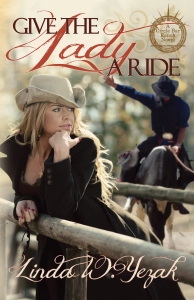
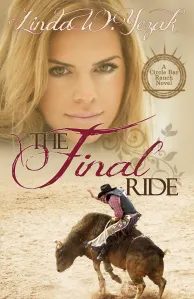



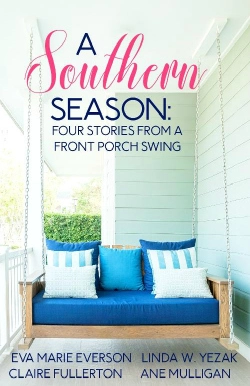
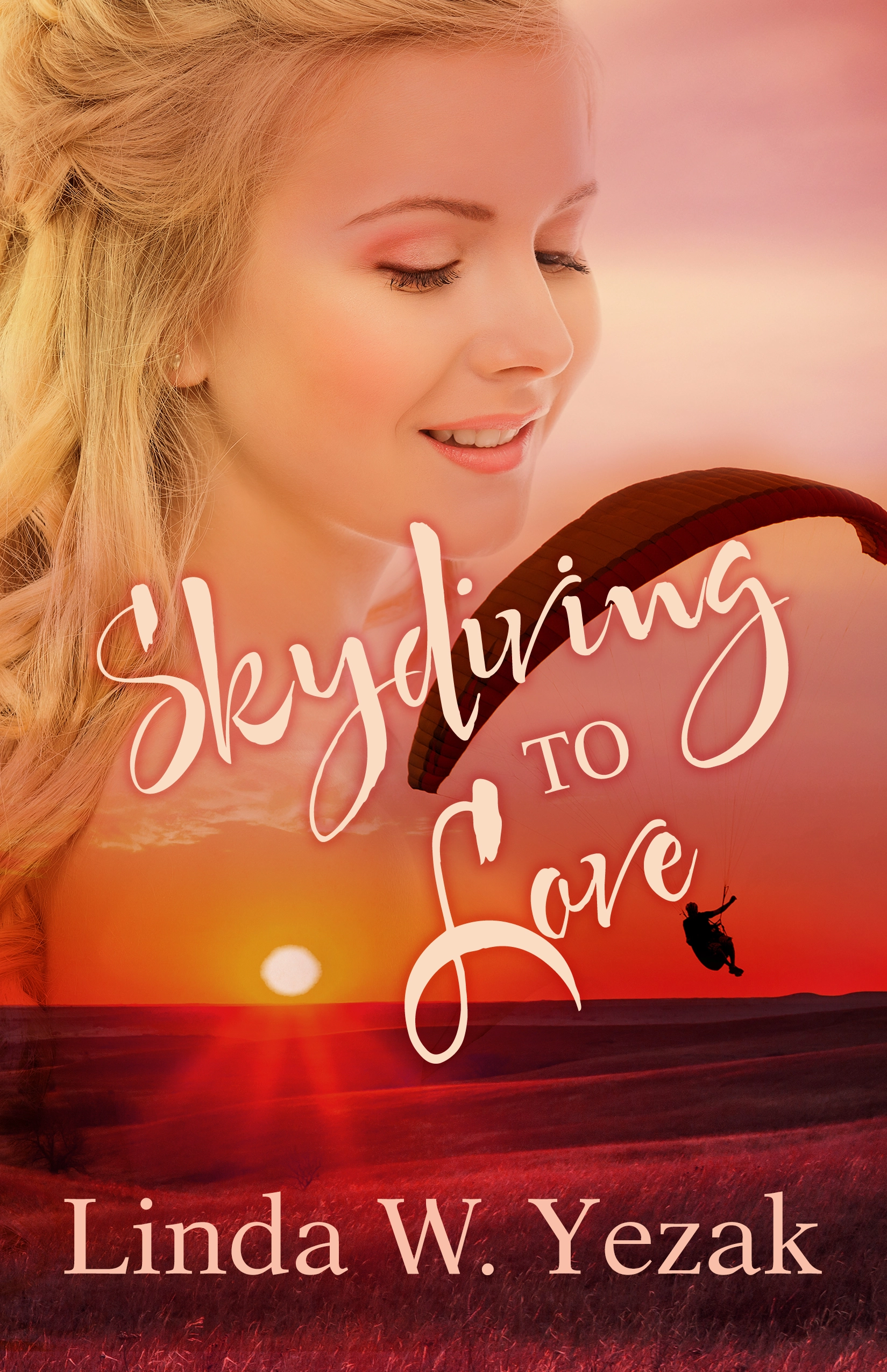
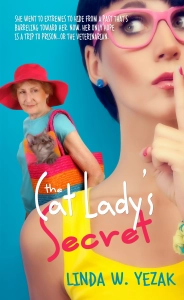






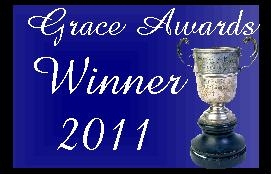


Thanks for this very honest advice—based on your journey. I know you’ve worked hard and I admire your efforts. Please let us know when you land that contract with a major traditional publisher, because I really think you will.
LikeLike
Thank you so much for the encouragement, Marilyn!
LikeLike
Good for you, Linda. Don’t let go of that dream. You have the talent and it sounds like you’ve figured out the means. I’ll be looking forward to hear that exciting news when it happens. 🙂
LikeLike
Thanks, Marie. I look forward to the exciting news when it happens too. 😀
LikeLike